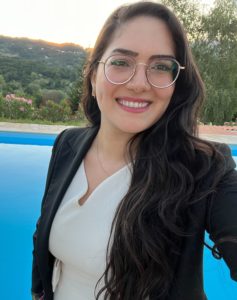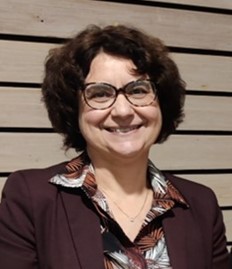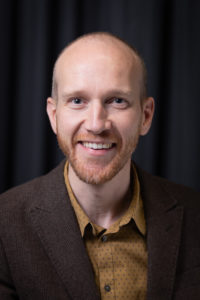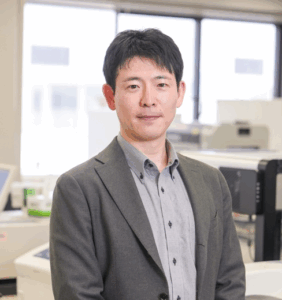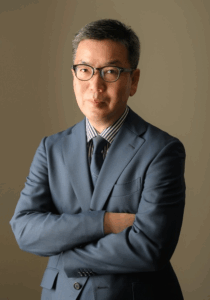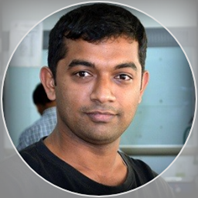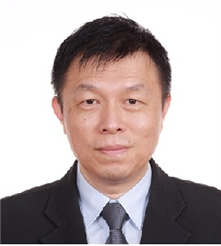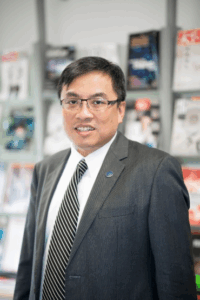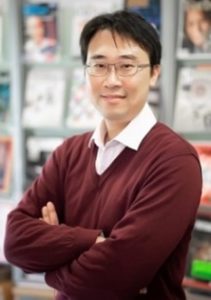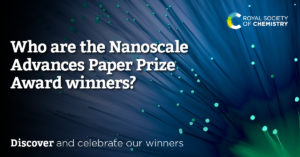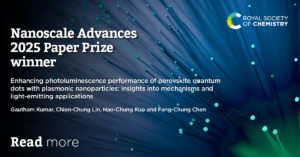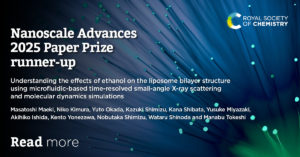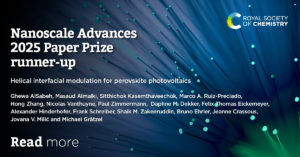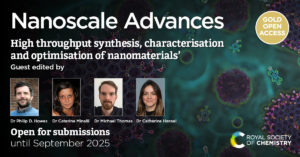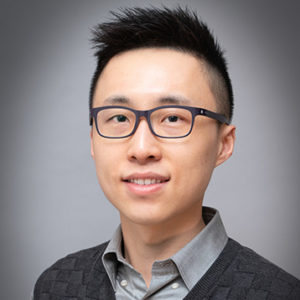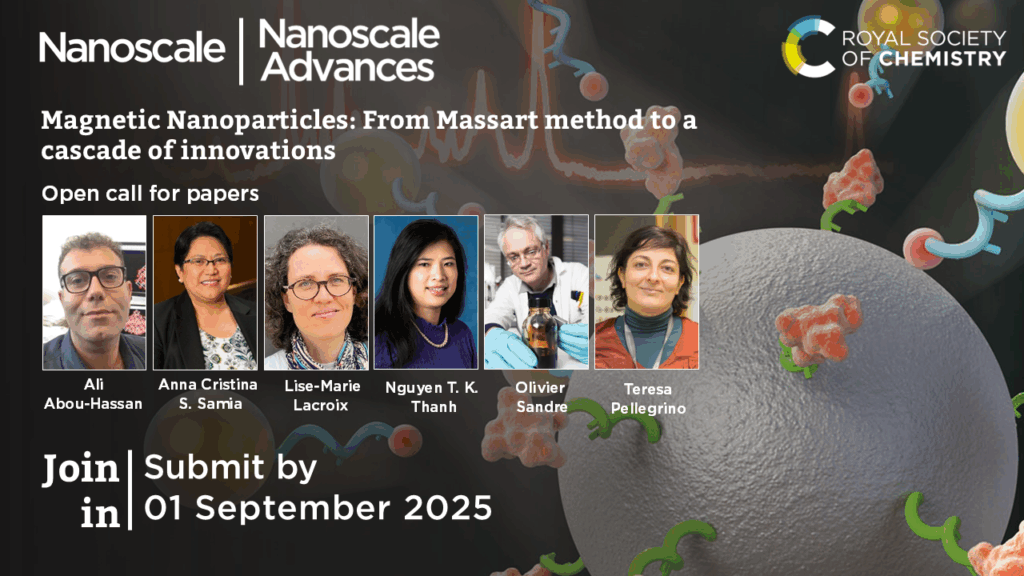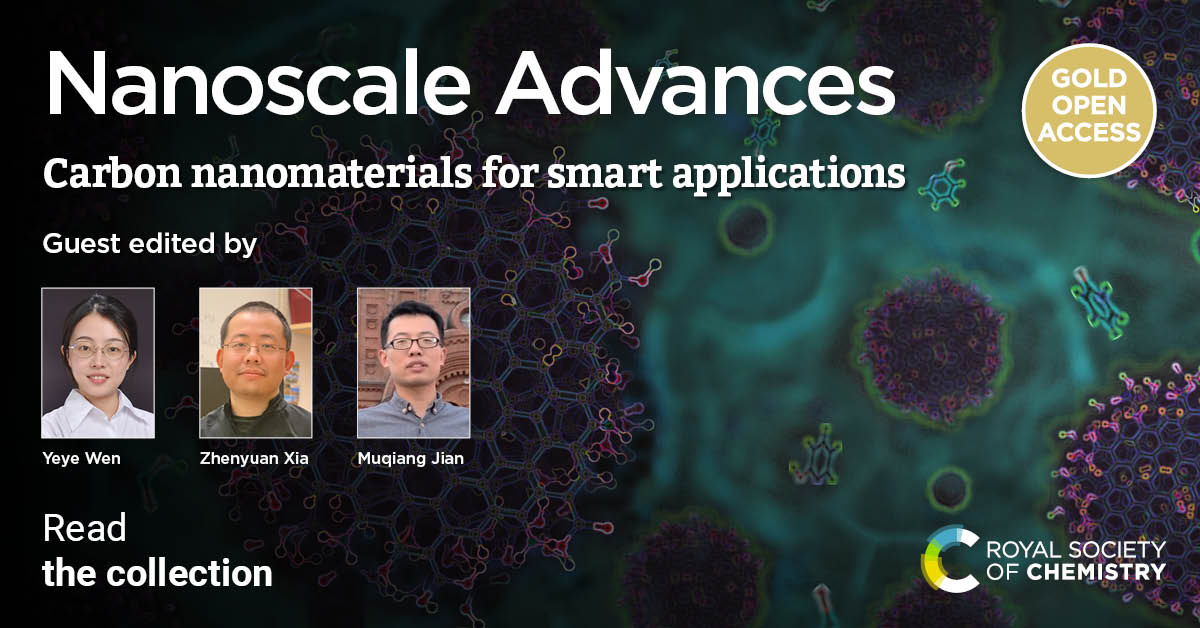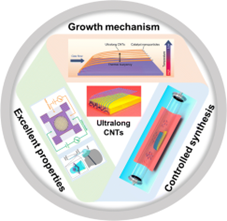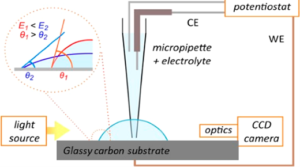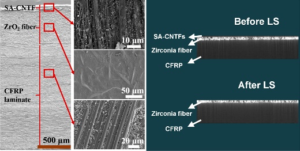Helical interfacial modulation for perovskite photovoltaics
Ghewa AlSabeh, Masaud Almalki, Sitthichok Kasemthaveechok, Marco A. Ruiz-Preciado, Hong Zhang, Nicolas Vanthuyne, Paul Zimmermann, Daphne M. Dekker, Felix Thomas Eickemeyer, Alexander Hinderhofer, Frank Schreiber, Shaik M. Zakeeruddin, Bruno Ehrler, Jeanne Crassous, Jovana V. Milić and Michael Grätzel
What aspect of your work are you most excited about at the moment?
Ghewa AlSabeh: I’m currently most excited about exploring ways to integrate smart molecules, specifically those responsive to light, heat, or pressure, into perovskite systems. This opens up promising pathways for creating multifunctional devices with tunable properties, which could be especially impactful in next-generation optoelectronic or sensing applications.
Sitthichok Kasemthaveechok: Right now, I desire to electrify chemical reaction. I want to turn it like we have done for most of things in our life from kitchen to transportation. But why chemical reaction still way difficult to electrify them? But I will try step by step, as electrochemistry is at the edge of homogeneous and heterogeneous system. I will need more experience about it to make the magic happen.
Jeanne Crassous: The role of chirality in fundamental physics and in optoelectronic/spintronic devices.
Jovana V. Milić: The use of stimuli-responsive molecular machineries in sustainable energy technologies.
How do you feel about Nanoscale Advances as a place to publish research on this topic?
Ghewa AlSabeh: Nanoscale Advances is an ideal platform for our work on perovskites with responsive functionalities. Its focus on innovative nanomaterials and broad visibility makes it a strong fit for sharing this research.
Jeanne Crassous: Appropriate journal to publish new results on devices and the fundamental phenomena at work.
Jovana V. Milić: Nanoscale Advances provides an excellent platform to publish research on emerging materials and their utility in optoelectronics.
Can you share one piece of career-related advice for early career scientists?
Ghewa AlSabeh: Always ask yourself “why” and aim to understand things as simply as possible. If you can explain your work to someone who is not from the field, you truly understand it. And remember: a PhD is a marathon, not a sprint. Pace yourself, stay curious, and don’t lose sight of the bigger picture.
Sitthichok Kasemthaveechok: I would say it is important to find the right group for you when choosing your PhD or postdoc positions.
Jeanne Crassous: Make experimental work and be trained to observe new phenomena. Be well-educated to understand the observed phenomena.
Jovana V. Milić: Follow your own path, you are best qualified to define the measures of your success.


